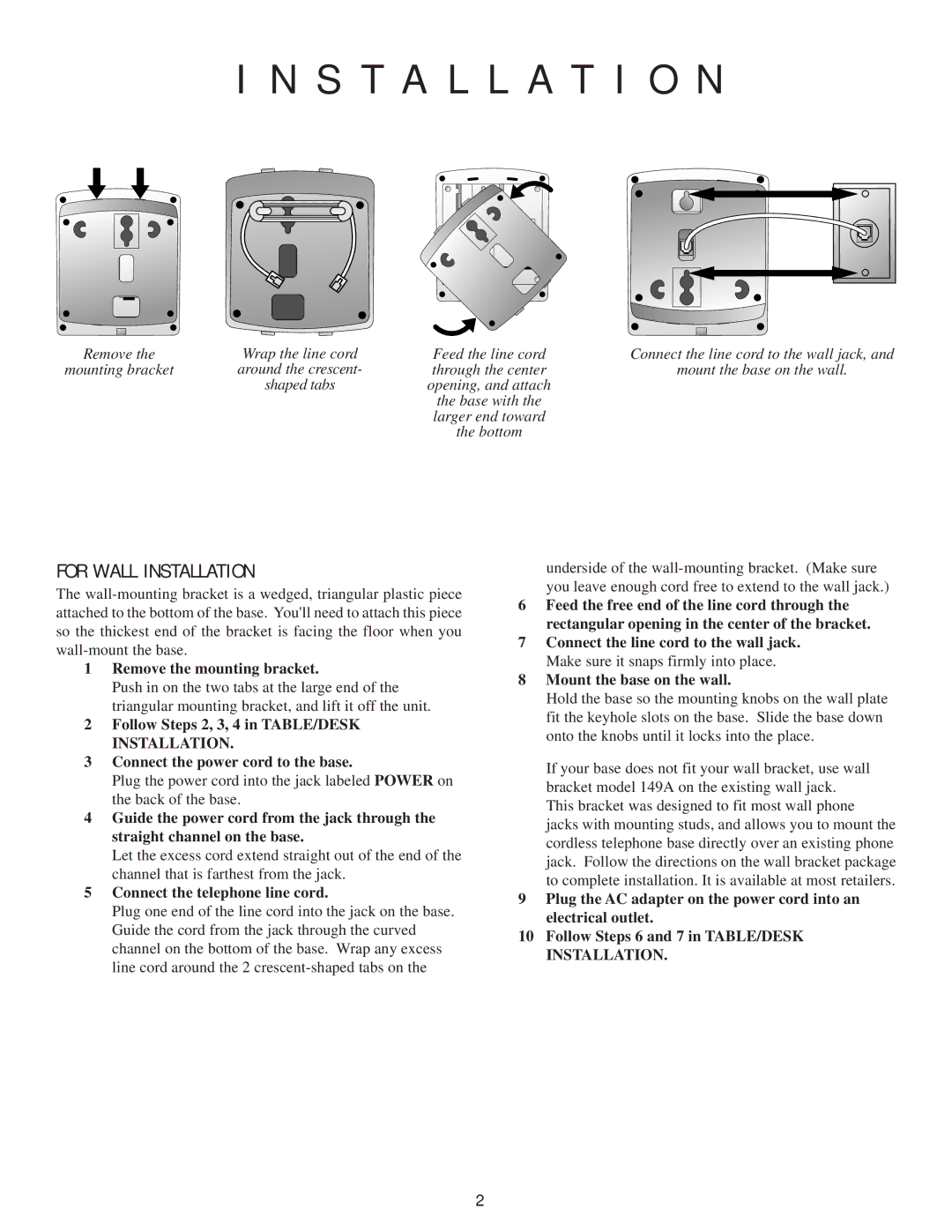7710 specifications
The AT&T 7710 is a robust networking solution designed primarily for enterprise applications, providing advanced routing and switching functionalities. This device serves as a versatile platform, meeting the demands of modern networks that require high performance, reliability, and efficiency. With its high-speed capabilities, the AT&T 7710 plays a crucial role in facilitating data transmission across various applications and traffic types.One of the standout features of the AT&T 7710 is its support for multiple protocols, including Ethernet, IP, and MPLS (Multiprotocol Label Switching). This multi-protocol support allows the device to seamlessly integrate into diverse network environments, ensuring compatibility with existing infrastructures. Its ability to manage various protocols also enhances operational flexibility, enabling organizations to adapt to changing requirements without significant overhauls.
The AT&T 7710 is equipped with advanced security features, which are paramount in today’s cyber threat landscape. It includes robust firewall capabilities, protection against Distributed Denial of Service (DDoS) attacks, and built-in encryption options. These security measures help safeguard sensitive data while ensuring compliance with industry standards.
Another notable characteristic of the AT&T 7710 is its scalability. Organizations can expand their networks without experiencing degradation in performance or functionality. The device supports a wide range of configurations and can be tailored to meet specific needs, accommodating everything from small businesses to large enterprises.
The AT&T 7710 is also designed for high availability. Built-in redundancy features ensure uninterrupted service, minimizing downtime that can disrupt operations. This reliability is further enhanced by the device's sophisticated monitoring and management tools, which provide real-time insights into network performance and health.
Moreover, the AT&T 7710 supports various quality-of-service (QoS) mechanisms, ensuring that critical applications receive the required bandwidth and performance. This capability is especially important for organizations that rely on voice over IP (VoIP), video conferencing, and other data-intensive applications.
In summary, the AT&T 7710 merges advanced routing and switching functions with robust security, scalability, and quality-of-service capabilities. Its adaptability to multi-protocol environments makes it a valuable asset for enterprises looking to enhance their network infrastructure while maintaining high levels of performance and security. As organizations continue to embrace digital transformation, devices like the AT&T 7710 will play a pivotal role in shaping the future of enterprise networking.

